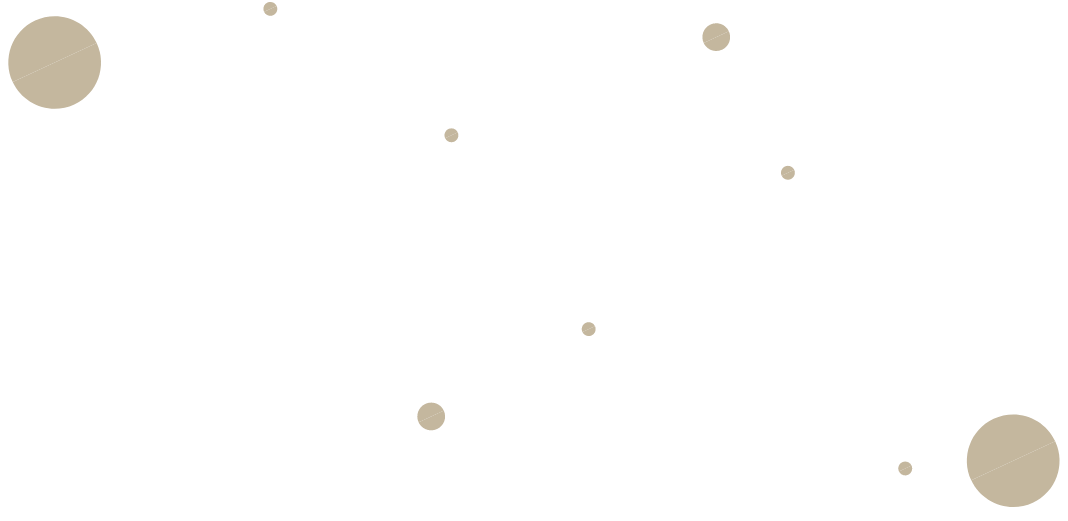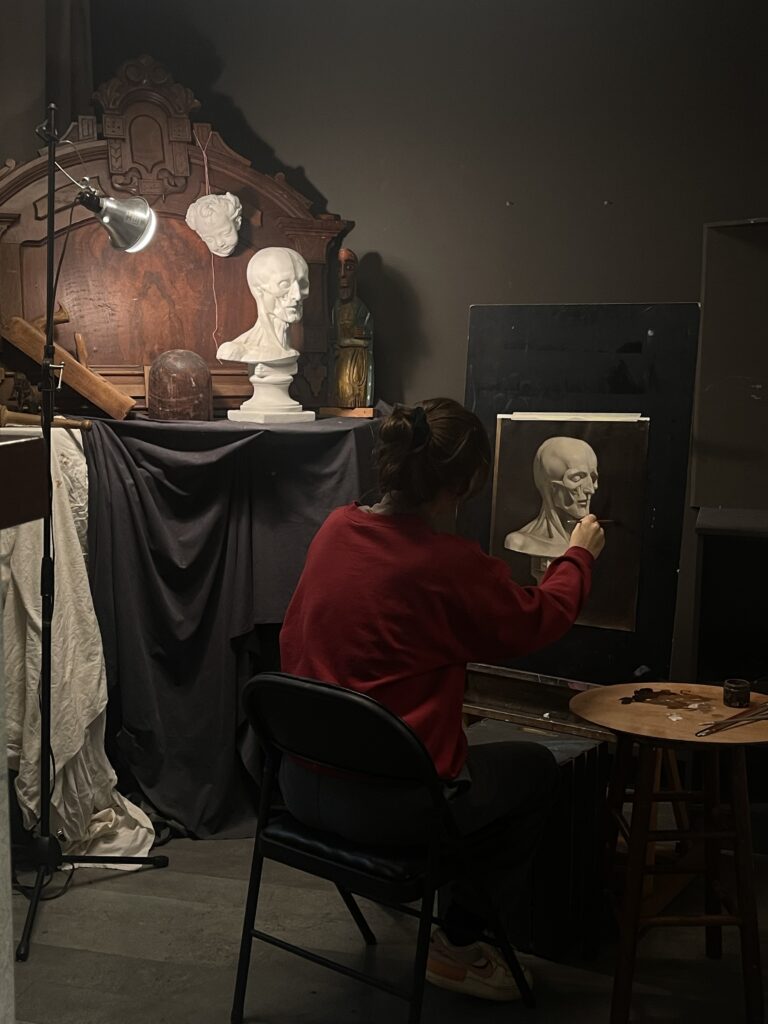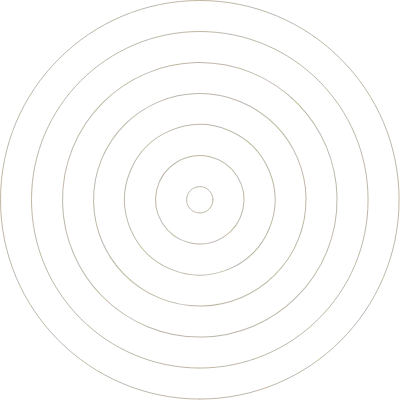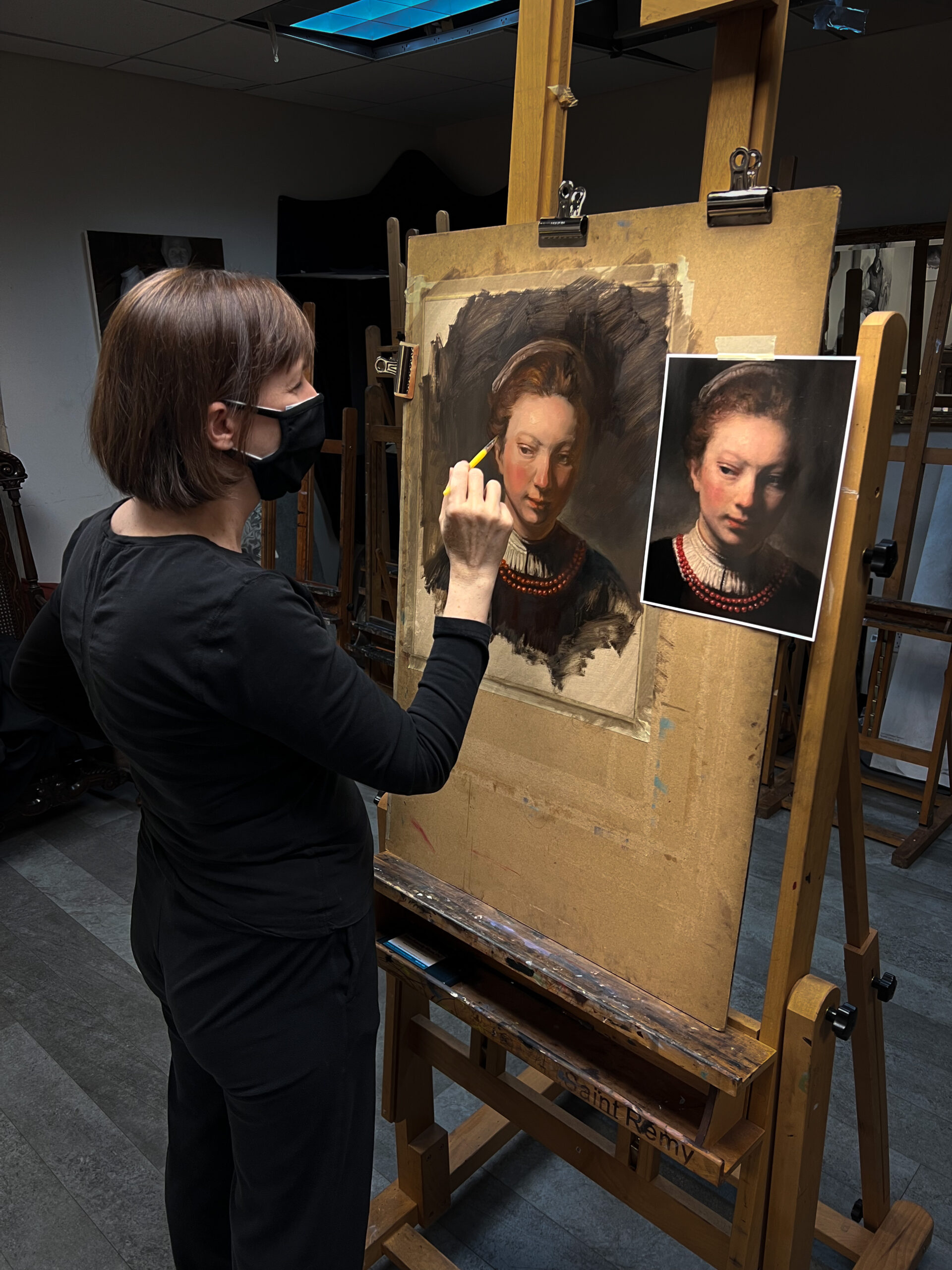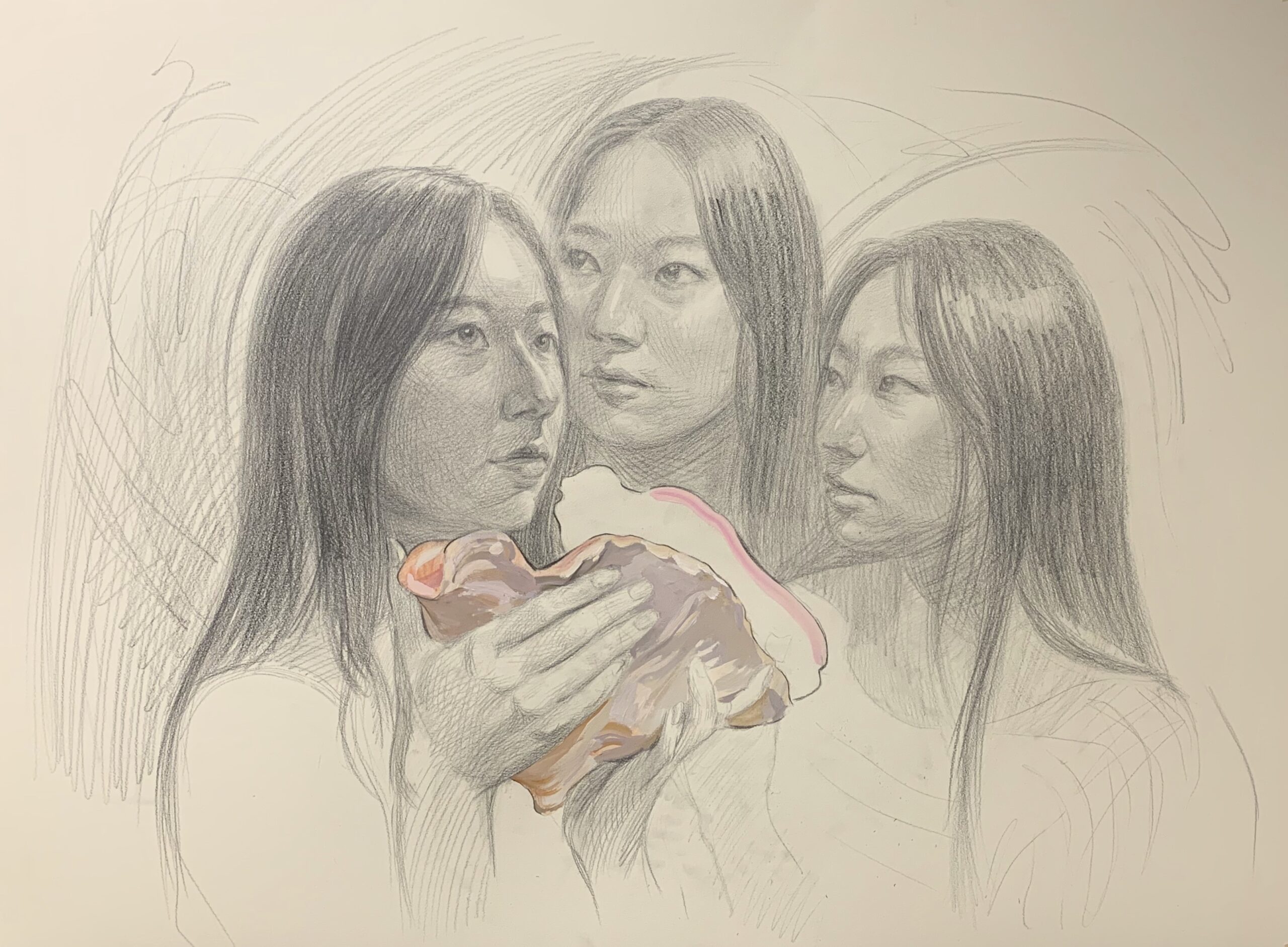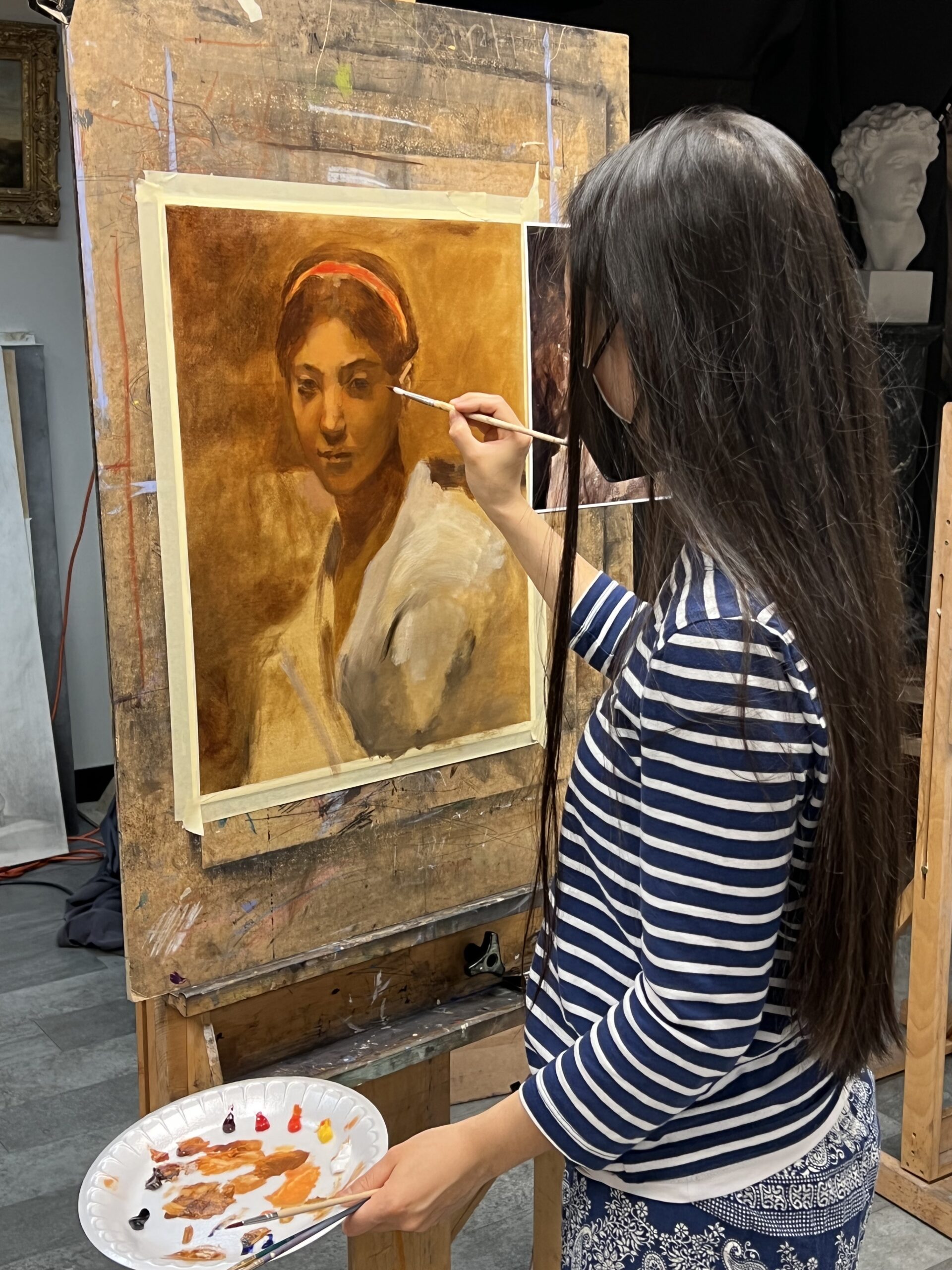Princeton Academy of Art (PAA) is a premier classical art school that offers a rigorous and comprehensive education in the visual arts. Located in the heart of Princeton, New Jersey, the academy is the first of its kind situated in this renowned academic epicenter. It boasts a distinguished faculty of professional artists dedicated to teaching and mentoring the next generation of creative talent at all ages and levels.
The academy’s curriculum is rooted in the classical tradition, strongly emphasizing constructive drawing, painting, and sculpture.
Students at the academy benefit from small class sizes, college-level learning, and a supportive community of fellow artists. Whether you are just starting your artistic journey or looking to refine your technical understanding of design, Princeton Academy of Art is an exceptional place to learn, grow, and thrive.
